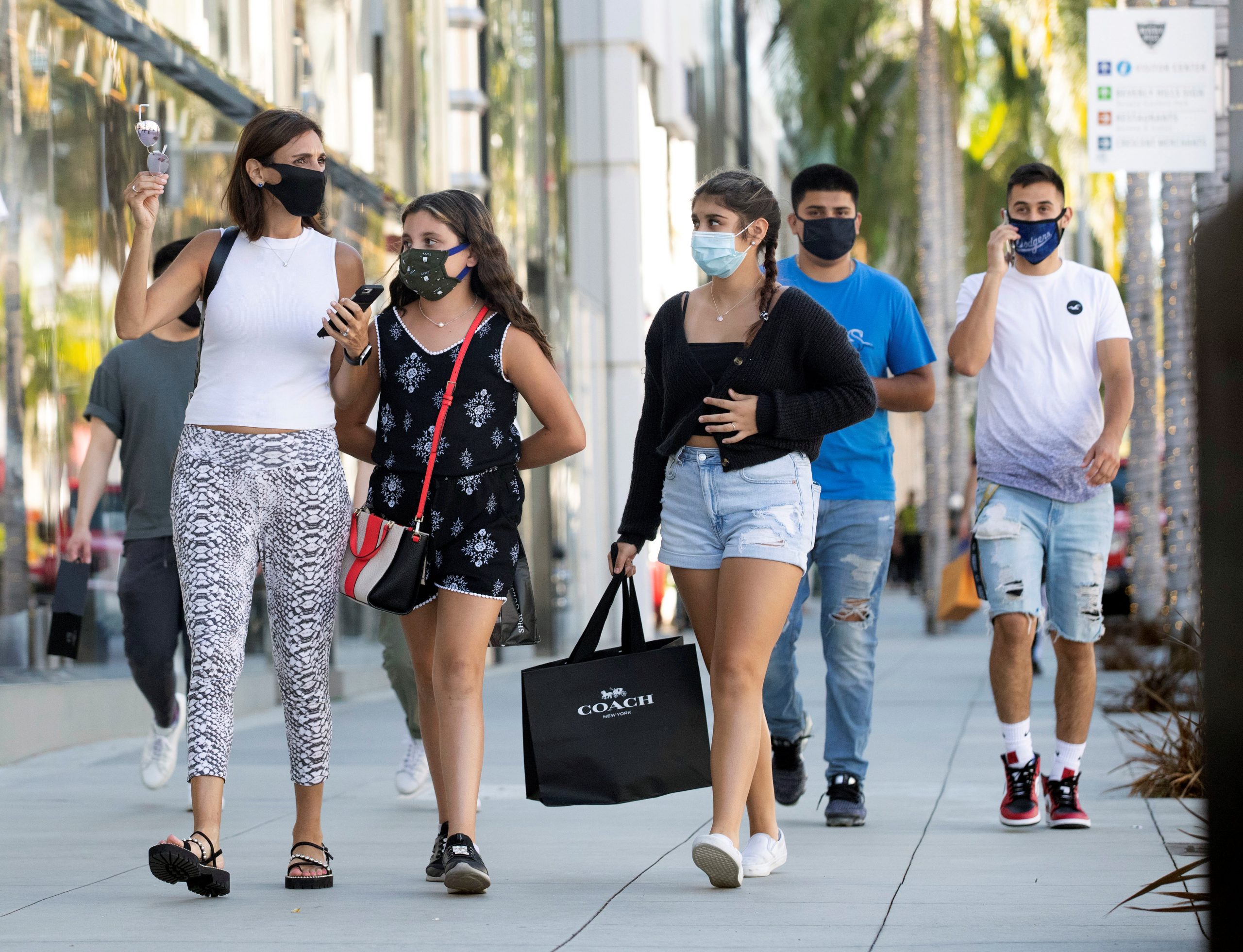The head of Oregon’s Occupational Safety and Health Division, or OSHA, is calling for a permanent rule that would effectively extend the state’s temporary COVID-19 workplace guidelines indefinitely.
The proposed permanent rule would maintain face-covering requirements and social distancing protocols from the November 2020 temporary rule and introduce new restrictions. The temporary rule is set to expire May 4.
“We are not out of the woods yet,” said OSHA’s administrator, Michael Wood, according to a Saturday article from The Associated Press.
But when it comes to extending the current, temporary rule, Wood does not have Oregon law on his side.
A technicality in state law means that the only way for the restrictions to be extended is for a permanent rule to be made. The proposal in question would maintain certain rules until such a time as they are “no longer necessary to address the effects of the pandemic in the workplace.”
“As with the temporary rule,” the state of Oregon said in a news release, “the proposed permanent rule maintains such requirements as physical distancing; use of face coverings; regular sanitation; employee notification and training; maximization and maintenance of existing ventilation systems; and formal exposure risk assessment and infection control planning. The proposed permanent rule would allow employers to rely upon the risk assessments, infection control plans, and infection control training already completed.”
The announcement that OSHA was proposing a permanent rule, which first came in February, has sparked an uproar.
Many people are upset that officials are being ambiguous regarding what COVID-related benchmarks must be reached for the restrictions to be lifted.
A petition opposing the proposal garnered more than 60,000 signatures, and OSHA has received a record number of public comments — largely critical ones — on the proposal, the AP reported.
“These rules would continue to impose intrusive, burdensome and unnecessary reach of government into Oregon businesses, their employees, customer and client privacy, and customer freedoms to conduct commerce without government interference,” the petition reads.
“These intrusions would impose continuing record-keeping and other administrative burdens, limitations, and privacy invasions of indefinite duration on every business, public agency and institution involving direct customer, client or student contact.”
Further updates to the restrictions included in the permanent rule include discouraging people from carpooling together to work, as the proposed permanent rule requires “employers to consider alternatives to transporting multiple people in a single vehicle, although such transportation would not be prohibited,” according to the news release.
Another addition would require “health care employers to provide respirators to employees working with known or suspected COVID-19-positive patients unless they demonstrate there is a genuine shortage that they are working to resolve,” it added.
The proposed permanent rule also delves into further interpreting what an appropriate face covering is. Face shields are a no-no, though they are simply discouraged, not banned.
When queried about how big a threat the COVID-19 pandemic is to health and safety in the workplace, Wood told Northwest Labor Press, “I don’t know whether I would necessarily call it the greatest threat since OSHA was founded. I haven’t really thought about it that way. But I think it’s certainly the greatest workplace health challenge we’ve faced.”
But critics say he is going about things in the wrong manner.
“When will masks be unnecessary? What scientific studies do these mandates rely on, particularly now that the vaccine is days away from being available to everyone?” Republican state Sen. Kim Thatcher said, according to the AP.
“Businesses have had to play ‘mask cop’ for the better part of a year now. They deserve some certainty on when they will no longer be threatened with fines.”
This article appeared originally on The Western Journal.

























 Continue with Google
Continue with Google